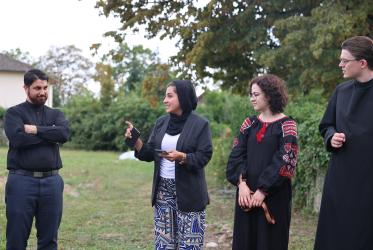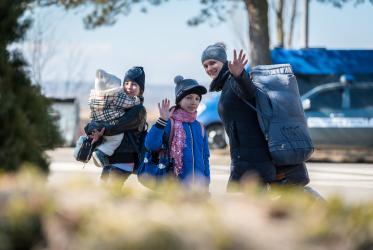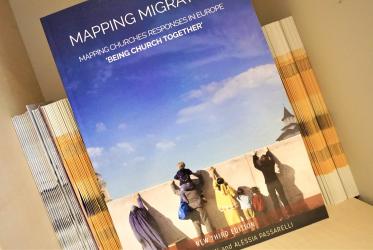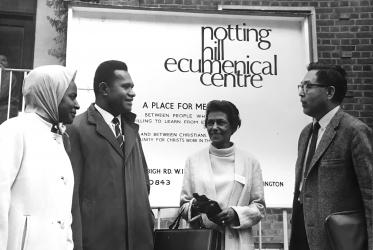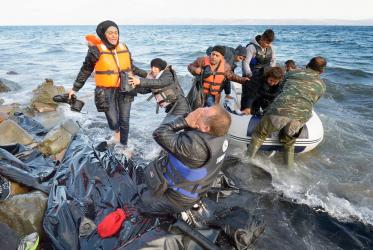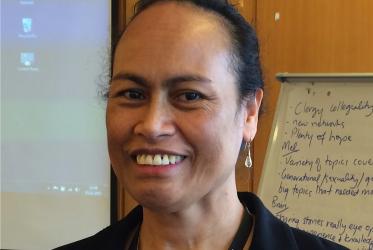Displaying 1 - 20 of 24
Applications open for Bossey interfaith summer course
11 January 2024
Rev. Kenneth Mtata reflects on journey of transition in Zimbabwe
20 September 2018
Catholic official: we must walk and pray together with vulnerable people
19 September 2018
Catholics, WCC map future together after papal visit to Geneva
05 September 2018
Pope Francis at the World Council of Churches
31 May 2018
Seminar explores how populist rhetoric leads to racism
07 September 2017
Church challenge: Welcoming "strangers" in a climate of fear
18 November 2015
After Busan: A pilgrimage of justice and peace
29 January 2014
